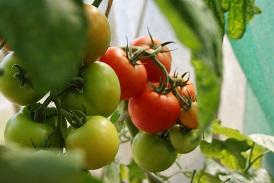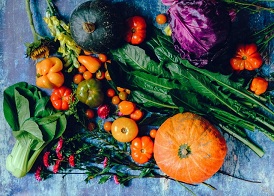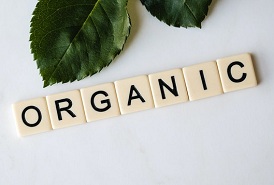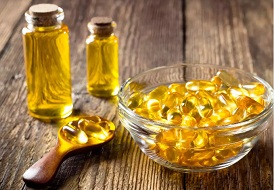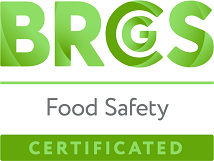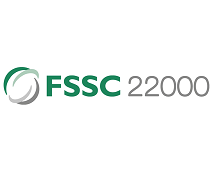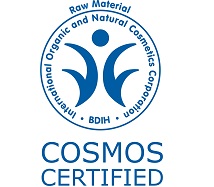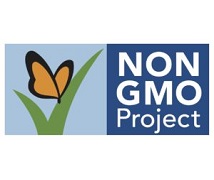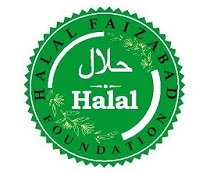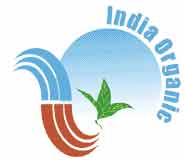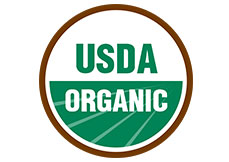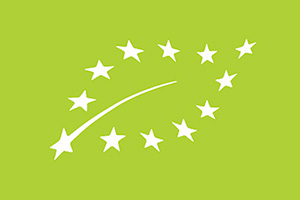
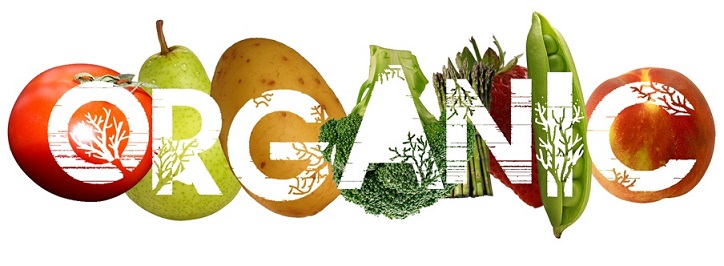
A short guide to organic
What is Organic?
The food products in the agriculture of whom only sustainable agricultural techniques are used and there is absolutely no use of any kinds of pesticide, fertilizer or other harmful chemical (such as artificial ingredients, etc. which are used to increase the yield). Whereas, cattle products such as meat, milk and milk products, eggs, etc. are considered organic if there were not any kind of medicine and hormones were given to the cattle and the yield in totally natural.
Is it better?
There have been various studies conducted and shown results that Organic is actually better in various aspects than our conventional food. In order to support this statement, here are a few examples:
There are nutrients found in the plants called Phytonutrients. These phytonutrients draws out protective benefits in the plants. These protective benefits transfer to us when we consume them. The phytonutrients are beneficial for our body as they help in preventing many diseases, and many of them works as a great antioxidants. Apparently, it has been found that most of the organically produced food items are rich in these phytonutrients in comparison to their non-organic alternative.
Another proven benefit of Organic is that they are free from all kinds of fertilizers, pesticides, and other harmful chemicals and artificial manure that is used in order to increase the yield/output. So, about this advantage of Organics, we can say that it is not about what good properties they bear, but it is rather about what bad properties they don’t bear. As in the process of agriculture of traditional food products, many farmers use substances like fertilizers, fungicides, insecticides and other artificial ingredients and toxins in order to get rid of the insects who damage the crop and in order to get high yields, but what they don’t know is that these substances also get absorbed by the plants and crops on which they are used, whom which we end up consuming. There are proofs that these fertilizers, pesticides, fungicides, etc. can cause serious health problems like decrease in body stamina, breathing problems, etc. and in worst cases, even diseases like cancer. There are very strict provisions regarding use of artificial substances in the Organic agriculture and if the Department finds out that an organic food producer is using any artificial substance, they can cancel his Organic Certification and license.
How to shift to Organic?
Well, it is true that Organic alternatives are costlier than the food we usually buy from our supermarket, but as the list of reasons is huge to shift from traditional to organic, most of the people who know these benefits of organic, want to shift to organic but they don’t know how to start. Many of them ask “Should we stop using our normal grocery from today and go to the organic department in the supermarket and start buying the daily grocery and food items from there?”. Well, that will suddenly increase your monthly budget a lot, which will put financial pressure on you. So I would suggest instead of going completely organic at once, replace your normal food items with organic one by one, starting with the one whose traditional alternative has been to highest chemical exposure. In order to find out that, there is a list called “Dirty Dozen” (also called by other names in different places) which various Environmental Groups release each year, contains the name of the food items with highest chemical exposure and food items with lowest chemical exposure. You can start with that.

